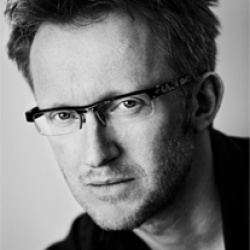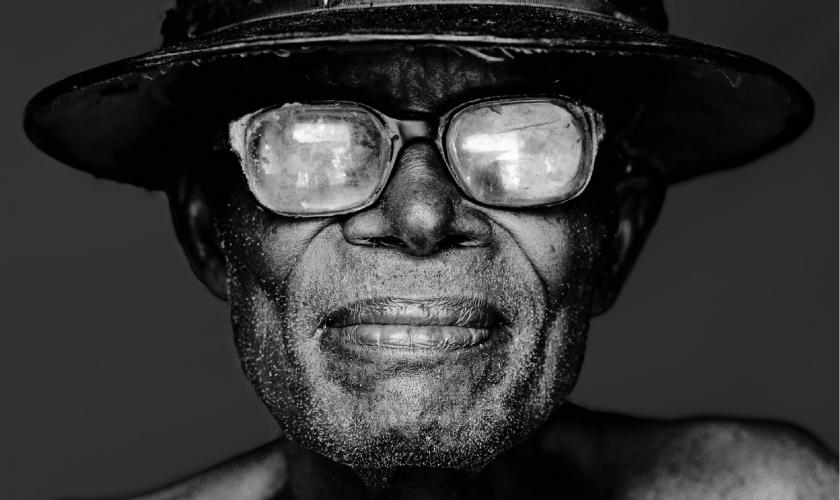David Van Reybrouck (Bruges, 1971) was born into a Flemish family of florists, bookbinders and artists. His father, a farmer’s son, spent five years in Congo as a railway engineer immediately after independence.
Van Reybrouck read archaeology and philosophy at the universities of Leuven and Cambridge and holds a doctorate from the University of Leiden. He was a visiting scholar in Barcelona and Paris and a postdoctoral research fellow in the history department of Leuven.
His first book, The Plague (2001), was a cross between a travelogue and a literary whodunnit set in post-apartheid South Africa. It received several awards, including the prize for the best Flemish debut in 2002 and a shortlist nomination for the Gouden Uil, one of the leading literary prizes in the Low Countries. It was translated into Afrikaans (Protea), French (Actes Sud) and Hungarian (Gondalat). A longtime op-ed writer for the Flemish national newspaper De Morgen, Van Reybrouck has co-edited a volume on the federal future of Belgium (What Belgium Stands For: a Scenario, 2007) and a thought-provoking pamphlet, A Plea for Populism (2008), which has stirred quite some debate. The latter won Holland’s most distinguished essay prize.
As well as a literary non-fiction writer, Van Reybrouck is an acclaimed playwright (The Soul of the White Ant, Mission) and poet. He set up the Brussels Poetry Collective, a multilingual group of literary writers in Europe’s capital. In 2009, Van Reybrouck initiated the most ambitious project so far : The European Constitution in Verse. Fifty-two poets from all over Europe, including migrants and refugees, contributed to a long and unique poem filled with dreams and despair about Europe. The project (www.europeanconstitutioninverse.com) was more than a frivolous rehash of a political fiasco; it was an attempt to reposition the debate on Europe’s future where it firmly belongs, in the public sphere of free and committed citizens.
Over the years, Van Reybrouck has travelled extensively throughout Africa. Congo: A History is as much the result of his ten journeys through Congo as of the months spent in libraries and archives. He has interviewed hundreds of individuals, with a particular predilection for so-called ‘ordinary people’, precisely because their lives and choices are so often extraordinary. Not content with simply observing, Van Reybrouck has also been actively involved in organising literary workshops for Congolese playwrights in Kinshasa and Goma. Apart from Dutch, his mother tongue, he is fluent in French and English, has a working knowledge of Spanish and Afrikaans, and can communicate in German and Lingala. He lives in Brussels.

